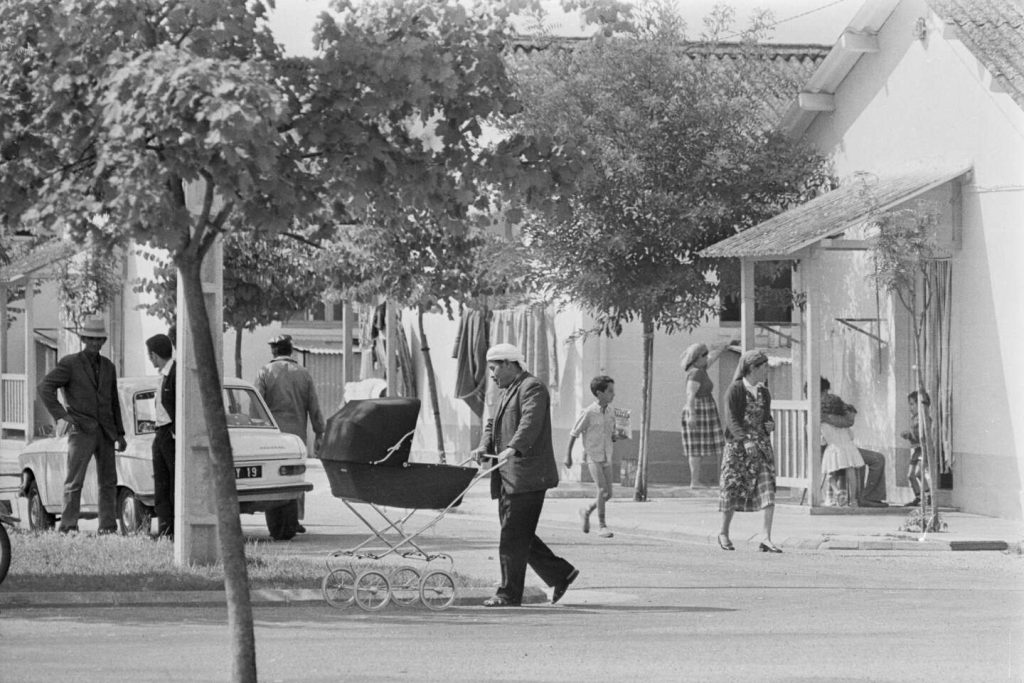Charles Tamazount, a 49-year-old man, was anxiously refreshing the European Court of Human Rights (ECHR) website on April 4th at 10 am. After waiting five years, he finally read a judgment that recognized the suffering that he and other children of harkis from the Bias camp in Lot-et-Garonne had endured. The ECHR had condemned France for subjecting these children to “inhuman or degrading treatment” and for violating their “right to respect for private and family life.” This unanimous decision highlighted the unacceptable living conditions and infringements on individual liberties experienced by the residents of the Bias camp, including the applicants.
Charles Tamazount, a lawyer and president of the Harkis and Truth Committee, had brought the case to the ECHR on behalf of his three brothers, Abdelkader, Aissa, Brahim, and his sister, Zohra. Born in the Bias camp in 1974, they accused the state of violating six articles of the European Convention on Human Rights during their upbringing behind the camp’s barbed wire after the end of the Algerian War in 1962. The children of harkis, who were born to Algerian parents who served in the French army, were deprived of basic rights such as education, fair legal proceedings, and privacy.
The ECHR’s judgment highlighted the failure of the French authorities to uphold the rights of these children and their families. The court explicitly stated that denying access to education amounted to inhumane treatment, and condemned the authorities for their inadequate response to the educational needs of the children. Charles Tamazount sees this ruling as a call for France to re-evaluate its approach to acknowledging and addressing the tragedy of the Harkis. He has been advocating for justice and reparations for these French soldiers for over a decade, emphasizing the need for meaningful financial compensation to address the horrors and trauma they have endured.
For Charles Tamazount, the ECHR’s decision is a significant milestone in seeking justice for the harki community and holding the French government accountable for its actions. He believes that this ruling should prompt France to confront the past and provide appropriate recognition and redress for the suffering of the harkis and their descendants. By pushing for legal action and reparations, Tamazount aims to ensure that the legacy of the harkis is not forgotten and that the ongoing impact of their experiences is acknowledged and addressed by the government.
This case represents a long-awaited victory for the harki community and a step towards acknowledging the historical injustices faced by these individuals and their families. By bringing their grievances before the ECHR and securing a favorable judgment, Charles Tamazount has opened the door for further accountability and reparations for the harkis in France. The ruling serves as a reminder of the ongoing struggle for recognition and justice for marginalized communities and highlights the importance of legal avenues in seeking redress for historical wrongs.


